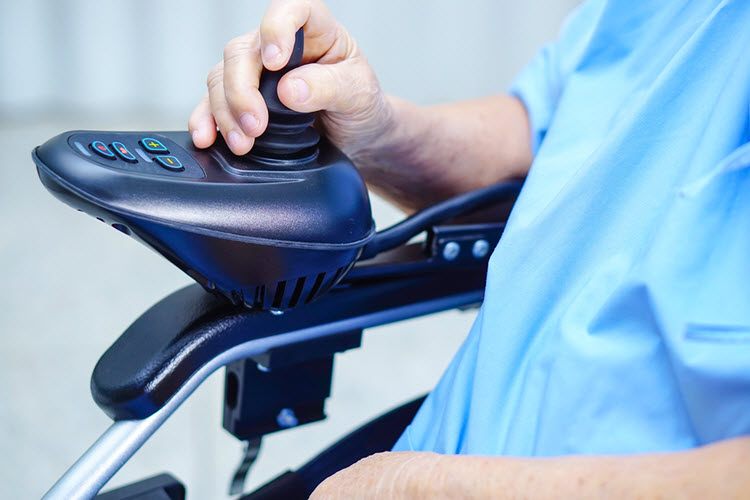If you are on oxygen therapy, have you notified your power company?
Often when the power goes out due to a storm it’s a minor inconvenience. For most of us, all we need is a few candles to see and board game or a book to pass the time. But when you’re caring for aging parents, a power outage can have serious consequences, especially if the situation escalates past a few hours. Preparing today can help keep you and your parents safe.
Basic Emergency Preparedness:
- Find out what type of emergencies or disasters are likely to occur in your area and how you will be warned. Register, if possible, for emergency assistance programs, like Nixle. Sign up for Nixle where your parents live. It will keep you up-to-date on relevant information from the local public safety departments.
- Pack extra food for you and household members. Including the 4 legged variety.
- Pack extra medication and rotate it so it does not expire.
- Get a battery-powered or hand crank radio.
- Understand the emergency plans of local organizations you are associated with such as schools, churches, jobs, grocery stores, and civic organizations.
- Discuss the plan with family and any caregivers.
- Designate safe zones or shelters and how to get to them. Routes should be visibly posted near a list of emergency contact numbers.
Equipment Emergency Preparedness for Caregivers:
- You will need a record of equipment and the serial and model numbers.
- Pack additional medicine, oxygen, and catheters.
- Build an extra supply of medicine. Most prescriptions allow for refills at 25 days so you don’t have to wait until the end of the month when you are empty.
- Make copies of prescriptions and insurance plans so you can replace equipment, medication, or supplies.
- Bring a list with the doctors’ names along with a change of clothes and shoes.
- Plan for people (family, neighbors, caregivers, organizations) to check in on you in the event of an emergency.
- Be certain additional people understand how to operate equipment necessary for a successful evacuation. This includes understanding how to turn off things such as gas, water, power, etc.
When your caree requires special equipment, there are additional considerations like battery power. Most of the power driven medical equipment we provide at Aeroflow Healthcare has a battery pack option. For example, the Trilogy Ventilator comes with a detachable and internal battery power. Both are rated for 3 to 4 hours. You can buy batteries for CPAP machines, most last 8 hours.
People who need wheelchairs (manual or powered) need to consider carefully how to plan for emergencies that require building evacuations (like fires).
- Consider purchasing a manual wheelchair just in case you are unable to charge your powered wheelchair.
- Consider living on the ground floor, elevators might not work during emergencies.
- Consider installing accessibility features like ramps, essential during emergencies.
If you rely on oxygen therapy, there are two major steps you need to take to be prepared for a power outage.
- Call you power company and register with them as someone who requires constant electricity to keep you oxygen concentrator running. Ask them how much of a priority oxygen dependent patients are in a power outage. Ask if they will provide a generator if the outage is over a certain number of hours.
- Contact your DME supplier. They are required to supply your oxygen even in a weather emergency. Ask them how much oxygen (in tank form) they think you will need in an outage until they can get you more, then order the extra tanks for emergency usage.
With thanks to this sponsored blog contributor Aeroflow Healthcare

Disclaimer: The material in this blog is for educational purposes only. It is not intended to replace, nor does it replace, consulting with a physician, lawyer, accountant, financial planner or other qualified professional.

